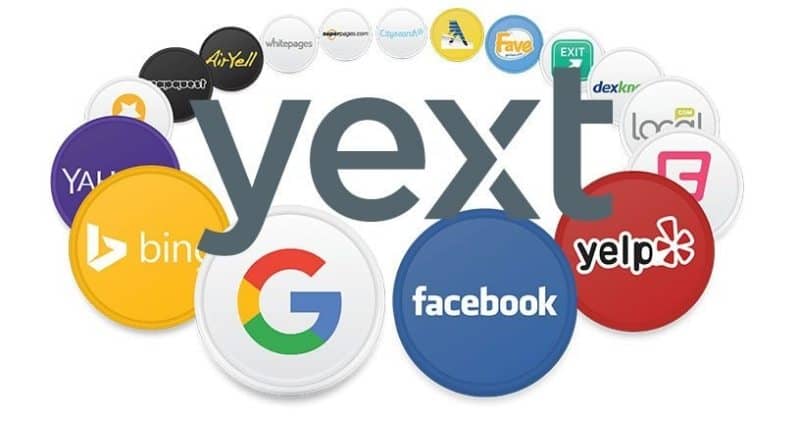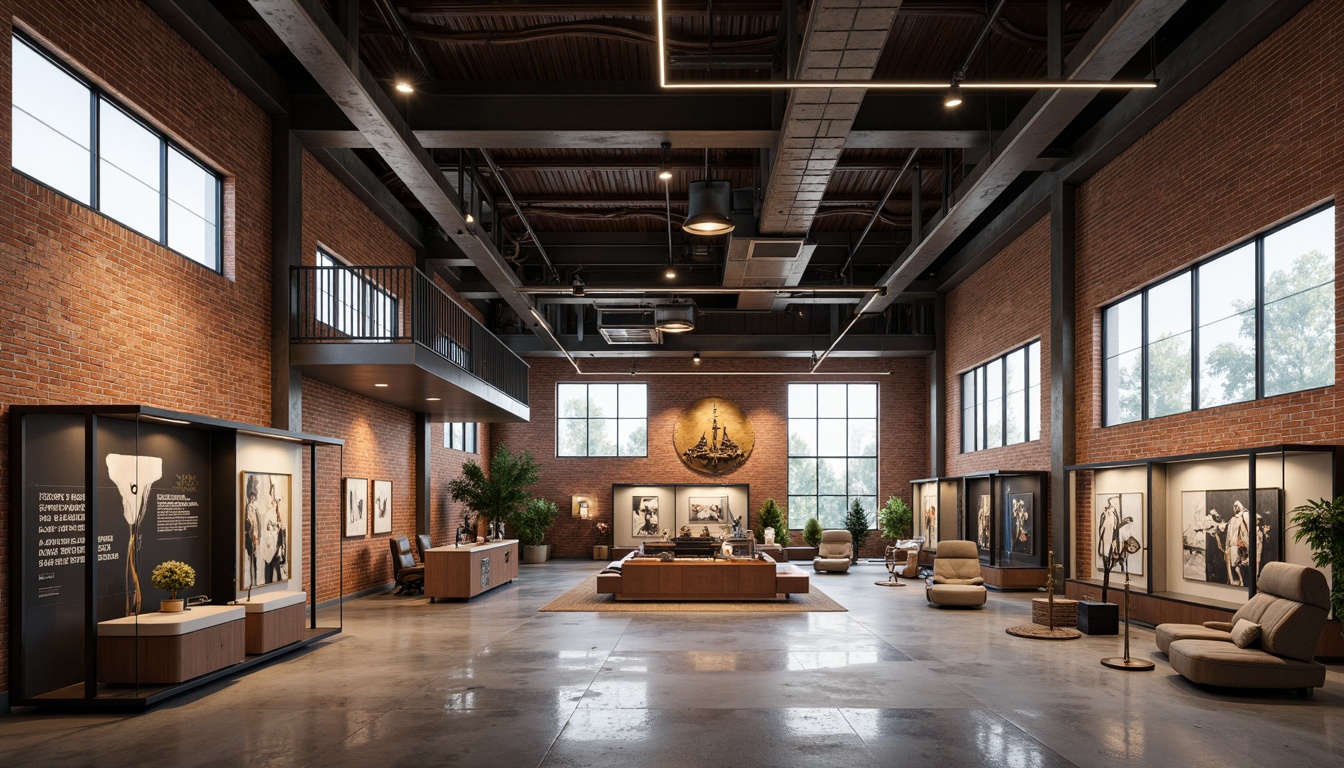For Dave Abel, president and CEO of Aventiv Technologies, the business plan is simple: For a relatively small monthly fee, he offers people stuck behind bars the use of computer tablets to pass the time and try to better themselves.
“I’ve got a mission for this company, we endeavor to put a tablet in the hands of every incarcerated individual in the United States,” Abel said in a phone interview with Yahoo News.
Aventiv provides telecommunication services to prisons in 49 states, 25 of which now make tablets available for incarcerated individuals. Abel hopes to rent upwards of 400,000 of the devices to people in prison by the end of 2021 and more than a million over the next three years.
Although some corrections department agencies and jails charge their own fees to use communications and premium services with the tablets, others do not.
“Regardless of the facility and contract, our devices come equipped with a plethora of free applications and resources that are focused on education and re-entry support,” a spokesperson for Aventiv said in an email.

While internet access in prisons is typically not allowed, most facilities make exceptions for movies, games and music, but those amenities are often considered premium services that require extra monthly fees. There are some free options, like podcasts and books, offered to prisoners. One podcaster hoping to tap into that audience is convicted felon turned Harvard Law School fellow Andre Norman.
The host of the “Sec2nd Acts” podcast, Norman met Abel last year, and they came up with the idea to have his voice reach those currently behind bars. The podcast stemmed from a reentry program Norman founded in South Carolina in which ex-offenders and veterans visit prisons to try to help inspire those serving time.
“It’s a second chance at second chances,” Norman told Yahoo News about his work.
Norman’s voice has reached thousands of people behind bars, including Dante and Travis, two men serving time at North Dakota State Penitentiary in Bismarck, who declined to provide their last names.
“The ‘Sec2nd Acts’ podcast was cool for me, because one of the people who did an interview [Jamel Jackson], he’s from the same area in New York I’m from … and since we’re in North Dakota, I don’t really see or hear many people who are from the type of same upbringing that I’m from,” Dante said.

By his own description, Travis wasn’t much of a digital-era person before entering prison, but the access to podcasts has been a revelation. “I watched them all or listened to them all yesterday,” he said of “Sec2nd Acts.” “I was really impressed with the platform he’s going on — the real reformation of the penal system in America is essential.”
Norman’s podcast is the first in a series for Securus Originals, a content platform underneath the umbrella of Aventiv, and while the content is free, it costs $5 per month to rent the tablets. For those who can afford them, the tablets also provide interaction with others via email or text.
“The connection to the outside world that this technology offers is giving incarcerated individuals a sense of hope and optimism, showing them that, once released, they have the ability to return to a normal life,” Sgt. Alfred Beyer of the Cheshire County Correctional Facility in New Hampshire said in a statement.
Not everyone is convinced, however.
“I have mixed feelings about [the tablet idea]. I think on the one hand it’s terrific. Help people who are incarcerated stay connected to their family members and their loved ones, and there’s a lot of research that shows that that kind of maintenance of those relationships is really important for when people are released,” Nazgol Ghandnoosh, a senior analyst at the Sentencing Project, a research and advocacy organization based in Washington, D.C., told Yahoo News.

“On the other hand, my reservations about it are what the fees are and the costs are. People that are incarcerated are generally some of the … poorest people in our country … and their families also tend to be low income, and so this is not a population where we should be imposing the cost of being connected while someone in their community or in their family is incarcerated. So this should be ideally, these technologies should be available freely to people.”
Abel said Aventiv is working to help all incarcerated individuals get a chance to utilize the tablets.
“The very real, very thoughtful and very tangible concerns of not only criminologists, but of people who participate in this industry, people who are incarcerated, people whose families are impacted by incarceration, we have done work and there is a lot of work still ahead of us to make sure that our products are affordable and accessible to everyone,” he said.
America has the largest population of incarcerated individuals of any country on earth. Currently, there are more than 2 million people serving time in the U.S. When you count those on probation or parole, that number swells to 6.9 million, according to the Office of the Assistant Secretary for Planning and Evaluation (ASPE), which advises the Department of Health and Human Services. Making matters worse, more than two-thirds of people who go to prison reoffend within three years of their release, according to the ASPE, and half are reincarcerated.

A key selling point for Norman’s podcast is that it seeks to reduce recidivism by offering positive role models and directing incarcerated people to existing resources.
In one recent episode, one of Norman’s guests was the popular Christian hip-hop artist Lecrae, who talked about his experience and how he turned toward a positive path, but also discussed the way in which punishment seems designed to keep Black people down.
“Oftentimes, people look at incarcerated individuals as society’s throwaways. Unfortunately, there’s a disproportionate amount of Black men, African American men, in the prison system,” Lecrae told Yahoo News. “So that’s essentially saying we’re throwing away Black men all the time.”
While the podcast can prove affirming, other experts have doubts when it comes to the use of tablets to try to lower rates of recidivism.
“First, we have to have an understanding of how that will help people not return to the system, so what do the tablets do?” Kimya Nuru Dennis, a criminologist, researcher and the founder of 365 Diversity, told Yahoo News. “There are some things that have been successful. So if we are talking about the tablet program, connect it with some classes that are being offered.”
Of course, one of the appeals of podcasts is that they provide an intimacy that a class does not.
“The privacy aspect is very beneficial,” Travis added, referring to how prisoners can use the tablets on their own time and not during a designated time in groups.

Norman’s podcast offers no shortage of positive modeling. Guests have included Kenneth Igwe, an Atlanta real estate agent who gave advice on how to invest in real estate and build personal wealth; Keon Davis, the owner of a smoothie shop in Alabama who talked about his absent father and how he didn’t let that steer him down the wrong path; and Jeremy Anderson, an author and motivational speaker in Atlanta who had previously been a drug dealer.
Experts say hard data is needed to assess exactly how useful the tablets are when it comes to actually reducing recidivism.
“We are in the process of working with a number of organizations to be able to measure the difference in facilities in which we have tablets and similar facilities in which we don’t have tablets,” Abel said.
Asked what they would tell Norman, the man whose podcast they’ve listened to while locked up, Dante and Travis expressed gratitude.
“Thank you for taking this time to make sure that he can better the community in a way he’s trying and succeeding and doing, and I would just encourage them to keep it up,” Dante said.
“It’s gonna be hard to change prison, you know, to reform the prison system,” Travis added. “But, well, we got to take steps at it.”
____
Read more from Yahoo News:















